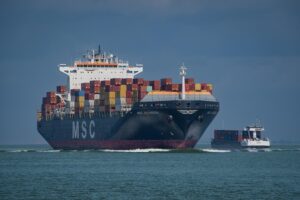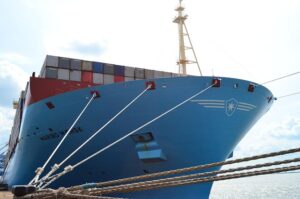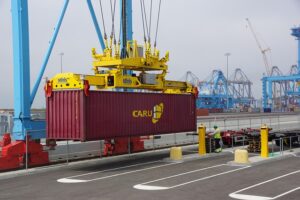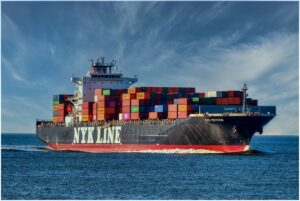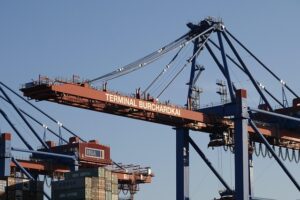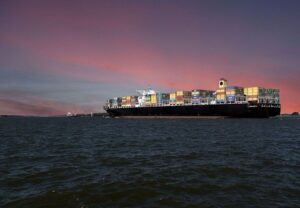Custom shipping containers are transforming logistics by addressing unique industry challenges, from unusual cargo shapes to specialized handling and climate control needs. By designing containers tailored to specific requirements, businesses optimize loading efficiency, transport modes, and storage, ensuring cost-effective and efficient operations. Integrating smart technologies, diversifying container types, and focusing on modular designs drive the future of shipping containers, revolutionizing global trade with flexible solutions.
In today’s diverse global market, traditional shipping containers often fail to meet unique logistical needs. This article explores custom shipping containers tailored to address specific challenges, offering numerous benefits over stock alternatives. We delve into key considerations during the customization process and present inspiring case studies. Additionally, we examine emerging trends shaping the future of custom shipping containers, highlighting their pivotal role in revolutionizing supply chain efficiency.
- Understanding Unique Logistical Challenges
- Benefits of Custom Shipping Container Design
- Key Considerations for Customization Process
- Case Studies: Successful Custom Container Implementations
- Future Trends in Custom Shipping Containers
Understanding Unique Logistical Challenges
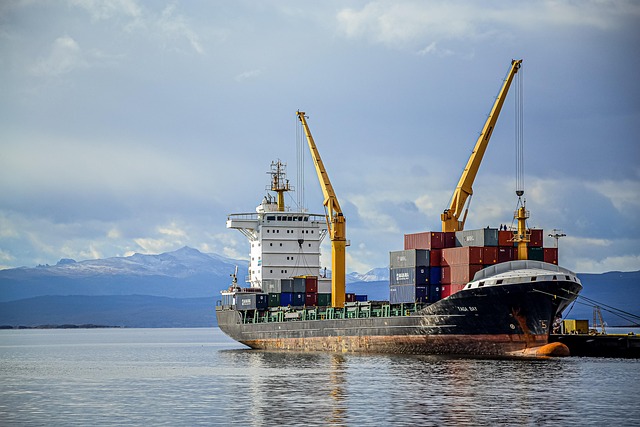
In today’s globalized world, businesses often face complex and unique logistical challenges that require tailored solutions. Custom shipping containers play a pivotal role in addressing these specific needs, offering far more than just standard storage and transport capabilities. From unusual cargo shapes to demanding delivery schedules and specialized handling, understanding these unique logistical hurdles is key to unlocking the full potential of shipping containers as versatile and adaptable solutions.
By recognizing diverse requirements across various industries—be it construction, agriculture, or e-commerce—custom container designs can revolutionize intermodal shipping containers, sea shipping containers, and cargo shipping containers alike. These specialized units often incorporate innovative features such as enhanced security systems, climate control mechanisms, or unique interior layouts to accommodate specific cargo, ensuring optimal safety and efficiency during shipping container transport and storage. Shipping container logistics have evolved beyond simple movement of goods; they now involve intricate coordination, especially with the growing demand for just-in-time delivery and efficient inventory management.
Benefits of Custom Shipping Container Design
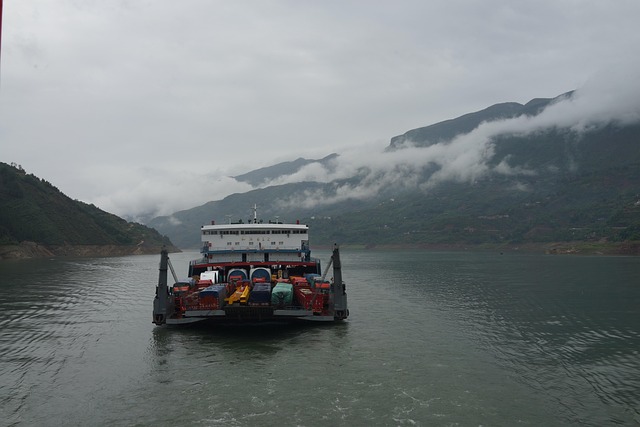
Custom shipping containers offer a multitude of benefits tailored to meet specific logistical challenges. By designing containers to unique specifications, businesses can optimize their operations in various ways. These include enhancing loading and unloading efficiency through thoughtful container dimensions and capacity, ensuring compatibility with different transport modes like sea shipping containers, rail intermodal shipping containers, or road cargo shipping containers.
Furthermore, custom design allows for integrating specialized storage shipping containers with accessories and modifications to accommodate peculiar cargoes. This flexibility is particularly advantageous in the dynamic shipping container logistics landscape. Whether it’s a need for expedited shipping container rental or long-term shipping container leasing, a customized solution can be swiftly deployed from a reliable shipping container supplier or manufacturer. This capability positions custom shipping containers as a game-changer in addressing emerging industry trends and ensuring efficient, cost-effective, and versatile shipping container transport.
Key Considerations for Customization Process

When designing custom shipping containers to meet unique logistical needs, several key considerations come into play. Firstly, understanding the specific requirements of the cargo and the intended intermodal shipping containers is paramount. This includes factors like size, weight, and special handling needs. For instance, some shipments may require larger sea shipping containers or specialized cargo shipping containers with temperature control or specific security features.
Secondly, leveraging the right shipping container manufacturer and supplier is crucial for ensuring quality and reliability. With ISO shipping containers, it’s important to check their certification and age to guarantee structural integrity and compliance with international standards. Additionally, exploring options for shipping container leasing or rental can offer cost-effective solutions for temporary or unpredictable logistical demands, while shipping container transport services should be chosen based on efficiency and safety. Other considerations include storage shipping containers, their dimensions and capacity, as well as integrating accessories and modifications to enhance functionality and adaptability in diverse environments, aligning with the latest shipping container industry trends.
Case Studies: Successful Custom Container Implementations
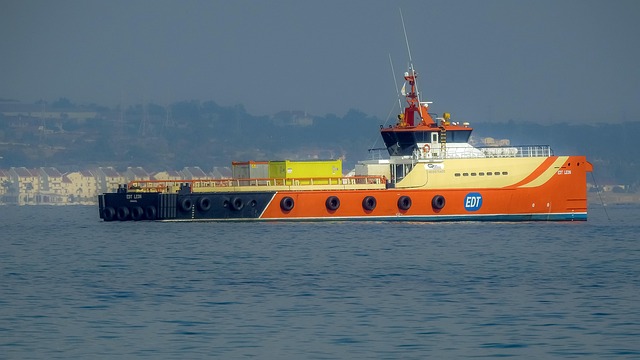
In the realm of logistics, custom shipping containers have proven to be a game-changer for many businesses with unique or demanding supply chain needs. Let’s explore some successful implementations through case studies, highlighting how custom containers have transformed various industries and operations.
One notable example involves a global e-commerce company facing challenges in transporting delicate electronics. By collaborating with a shipping container manufacturer, they designed ISO shipping containers equipped with specialized interior layouts and climate control systems to ensure the safe transit of their fragile cargo. This case study demonstrates how custom containers can address specific product requirements, such as temperature sensitivity, ensuring the integrity of items during intermodal shipping containers transportation. Moreover, these tailored solutions have paved the way for more efficient sea shipping containers storage and transport, aligning with industry trends towards sustainable and optimized logistics practices. Other businesses have similarly leveraged their expertise in cargo shipping containers to create innovative storage shipping containers solutions, including modular designs that double as workplaces or retail spaces at remote depots, thereby revolutionizing on-site operations and reducing overhead costs.
Future Trends in Custom Shipping Containers

The future of custom shipping containers is brimming with innovation and adaptability, driven by advancements in technology and evolving logistical demands. One prominent trend is the integration of smart technologies, such as IoT sensors and automation, to enhance container tracking, monitoring, and security. These digital enhancements enable real-time data exchange between shippers, carriers, and consignees, optimizing supply chain visibility and efficiency.
Another notable development is the diversification of shipping container types, dimensions, and capacities to cater to niche markets and specialized cargoes. From compact, lightweight containers for urban logistics and e-commerce fulfillment to oversized, high-capacity vessels for heavy machinery or oversized goods, manufacturers are pushing the boundaries of what a shipping container can do. This trend, coupled with advancements in intermodal shipping containers and sea shipping containers, promises to revolutionize global trade by offering more flexible, efficient, and cost-effective shipping solutions across various segments of the shipping container industry.
Custom shipping containers have emerged as a game-changer in logistics, addressing unique challenges and offering tailored solutions. By understanding specific needs, leveraging customization options, and learning from successful case studies, businesses can revolutionize their supply chain operations. As the industry evolves, embracing innovative designs and staying informed about future trends will be key to unlocking the full potential of shipping containers in diverse sectors.




